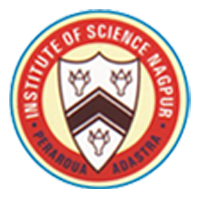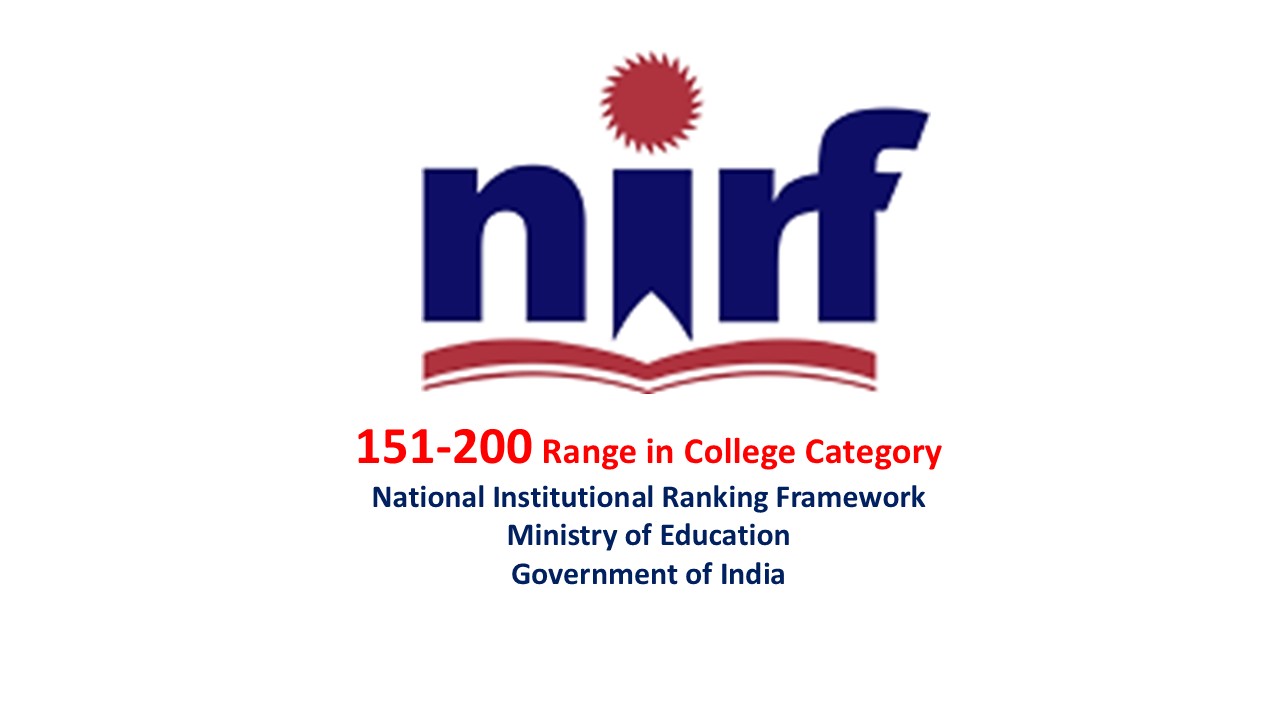

Government of Maharashtra
Institute of Science, Nagpur
Per Adruva Ad Astra (By steep and toilsome way towards the stars)
An Autonomous Institute
NAAC Reaccredited ‘A’ Grade in 3rd Cycle with CGPA 3.07

After graduating from science faculty, a student should have:
Critical thinking
Understood the basic concepts, fundamental principles, and scientific theories based on various scientific phenomena and their applications in life activities.
Acquired expert skills in handling and operating the laboratory instruments, analysing scientific data and performing laboratory oriented experiments, highlight significant observations and deduce the logical inferences/conclusions based on facts and findings.
Effective Communication
Developed numerous communication skills such as writing, reading, listening, speaking, etc., which shall eventually help in expressing thoughts, ideas and cognitive views evidently and effectively.
Social Communication
Developed an aptitude for participating in various socio-cultural activities with enthusiasm, to disperse the seeds of knowledge and contribute in creating awareness about the social myths, disbeliefs.
Realized that importance of knowledge of other faculties such as humanities, performing arts, social sciences and sports can greatly and effectively influence & inspire in evolving new scientific theories and inventions.
Effective Citizenship
Developed a patriotic and disciplined citizen following the rules and regulations for furtherance of society.
Ethics
Imbibed science oriented ethical, moral and social values in personal and social life leading to highly cultured and civilized personality.
Environment and Sustainability
Understood the need of rational use of natural resources and be aware of waste treatment reduction in carbon footprint for sustainable environment
Self-directed and Life-long Learning
Realized that pursuit of knowledge is a lifelong activity and in combination with untiring efforts and positive attitude to rejoice a successful life.
Developed creative thoughts and propose novel ideas to solve the immediate societal problems and invade in advancing the current technologies.
After completing the post-graduation studies in any subject belonging to science, the student should have
Critical thinking
Understanding how the scientific theories are proposed and how they are accepted or rejected by experimental evidences.
Recognized the in-depth progress of subject matter from ancient times to recent ones with path-breaking discoveries, key inventions, theories and the scientists who contributed to this.
Assimilated a deep knowledge on possibilities in the concerned subject by extensive reading of reference books, research journals & periodicals, internet, etc.
Partaken in seminars and workshops, summer/short-term trainings and developed the thinking skills and practical skills.
Effective Communication
Developed the capability of creative thinking (Convergent & divergent) to be able to provide solutions to the unsolved problems or designing new experimental substantiation trials.
Acquired extraordinary skills in laboratory experimentation and conjecturing the coherent inferences.
Social Communication
Recognized the role of scientific knowledge in disabling social evils, blind faith, poverty, health issues, and eventually improving the quality of human beings.
Effective Citizenship
Perceived where and how the principle of processes can be used in future for a advancement of mankind.
Elucidated the contribution of subject knowledge has influenced the progress in expanses of science and technology valuable in the progressing the peoples life.
Ethics
Developed a resilient conviction that ethical, moral and social values are of prime importance for chasing a scientific profession.
Environment and Sustainability
Grasped the necessary measures for sustainable development of Earth and regulating environmental pollution menaces.
Developed awareness about activities of routine life leading to depletion of natural resources and contribute to its management.
Self-directed and Life-long Learning
Adjudicated the currently accepted theories with their strength and weaknesses and provide improved descriptions for the modification of the existing theory.
Recognized the research areas lacking advanced research work done or are yet to be explored.
Pursuing independent research project in R & D organizations of industries or government authorized national laboratories.
Participated in Project, worked on independent designing & implementation of the research work.